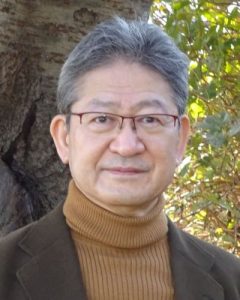JNNS President’s Greeting

I am very honored to serve as president of the Japanese Neural Network Society. In accepting this role, I was blessed to think back on the steps I’ve taken in my own research and to ponder what and how to contribute to the research community and to society as a whole. The year 1989, which is when the Japanese Neural Network Society was founded, was also the year I started my research on computational neuroscience. At that time, since I had studied robotics at university, I was very interested in artificial intelligence and theoretical frameworks of adaptive control. As such, I was enthusiastic about studying neural networks, which share many similarities with adaptive control. Since then, the boom of neural networks, which had once faded down, has now been gaining momentum again in recent years. Our society journal, “Neural Networks” [1], is currently one of the most high profile journals in the field. The reason for this boom is of course not only the fundamental attractiveness of brain computation but also the continuous theoretical examinations of machine learning in the 90s and subsequent dramatically improved computer performance. Thanks to these trends and to the massive data that is now accessible due to the worldwide Internet, many cutting-edge applications such as automatic visual feature extraction and champion Igo-AI are being trained by reinforcement learning. The core technology underlying AI today is really neural network learning. Many of you may know that stochastic gradient descent, which was developed by Dr. Shunichi Amari, and the neocognitron, which was developed by Dr. Kunihiko Fukushima, both of whom are founders of this society, are the roots of deep neural network learning technology [2]. What the history of the neural network research teaches us is the importance of pondering the central questions in our field and in society and of continuing to develop what we are really interested in.
[1] https://www.journals.elsevier.com/neural-networks
[2] https://www.jstage.jst.go.jp/browse/jnns/16/2/_contents/-char/ja
[3] http://www.brain-ai.jp/jp/symposium2020/
